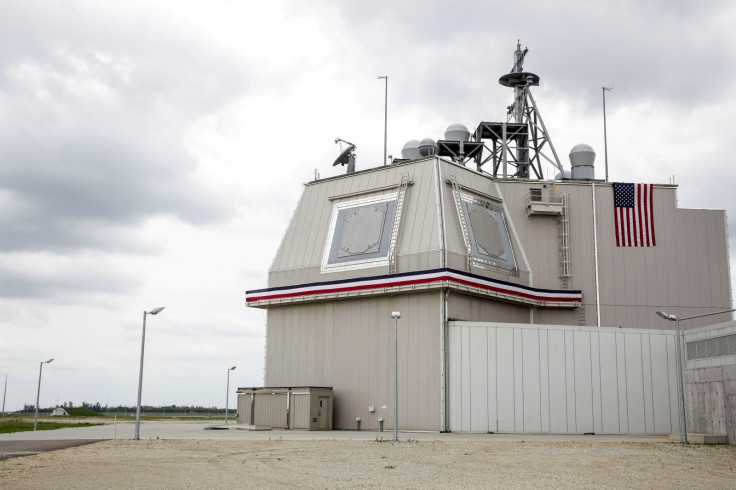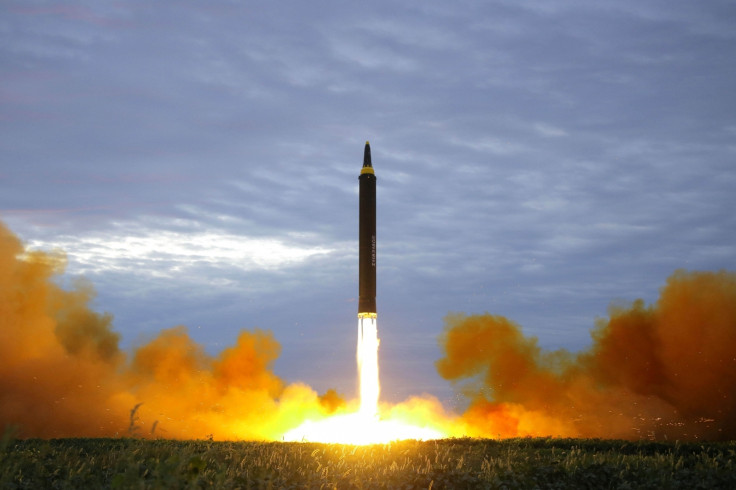Japan to Russia: We have full control over missile defence systems, not the US
They also assured the Russians that the Aegis Ashore systems do not pose any threats to neighbouring countries.

Japan has assured Russia that they have complete control over the Aegis Ashore systems procured from the US. They have also said that the missile launchers are purely defensive and that they pose no threat to any neighbouring country, including Russia.
In a statement made by the Japan's Foreign Ministry to TASS, it was clarified that no one but Japan has control over the Aegis Ashore systems. "The country's missile systems are aimed at protecting people's lives and property and are purely defensive," the Japanese diplomat said. While reminding Russia that Japan, "independently controls them, and they do not pose any threat to the neighbouring states, including Russia. This was clarified to the Russian side at the foreign ministers' meeting in November last year."
This decision to raise two Aegis Ashore missile units was passed by the Japanese government in December 2017. They will cover the country from the south eastern side at Yamaguchi and Akita from the north. The units will be operational by 2023, notes TASS.
The system that Japan will receive from the US will reportedly have four SM-3 Block 2A missiles and have a flight range of up to 1,000 km.
In December last year, it was reported that Russia was concerned with Japan buying missiles from the US. As they believed that it is possible for the same silos that house defensive missiles can also hold and launch offensive cruise missiles. Russia even accused the country of violating missile treaties, in spite of the fact that Japan was not bound by the Intermediate-Range Nuclear Forces Treaty.
Japanese Defense Minister Itsunori Onodera reiterated that the Aegis Ashore is a system made specifically to protect Japanese cities from ballistic missile attacks from the volatile North Korea, their neighbours to the west. Last year, North Korea was reported to have launched multiple test missiles over Japan which even set off missile strike warnings across the country. North Korea has been busy building, testing, and perfecting their launch systems throughout 2017 and they even achieved some level of success in making a ballistic missile.
Only this week, another such missile strike warning was broadcast, but was quickly retracted as a false alarm. Even the Pope voiced his concerns over the imminent threat of nuclear war this week.
The diplomat also took this opportunity to speak of a peace treaty with Russia regarding the long-running dispute over the Southern Kuril Islands, notes TASS.






















